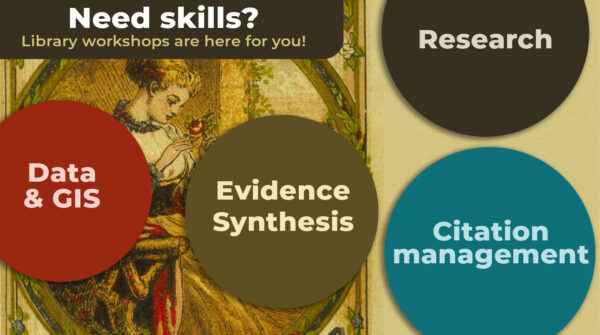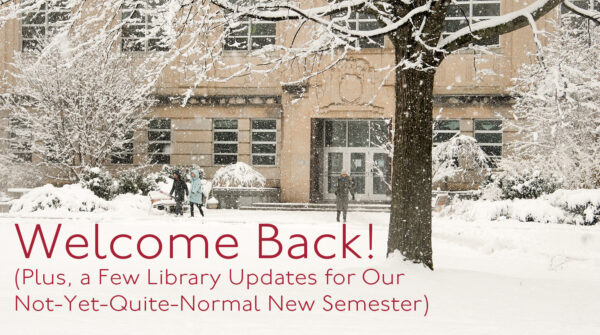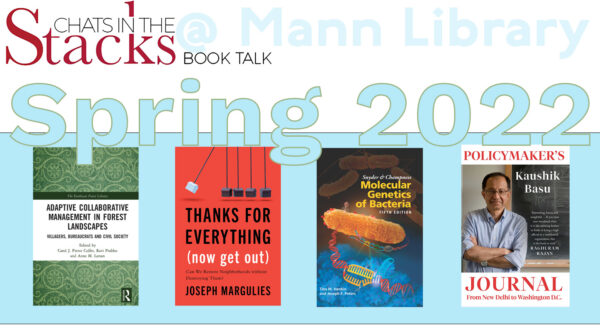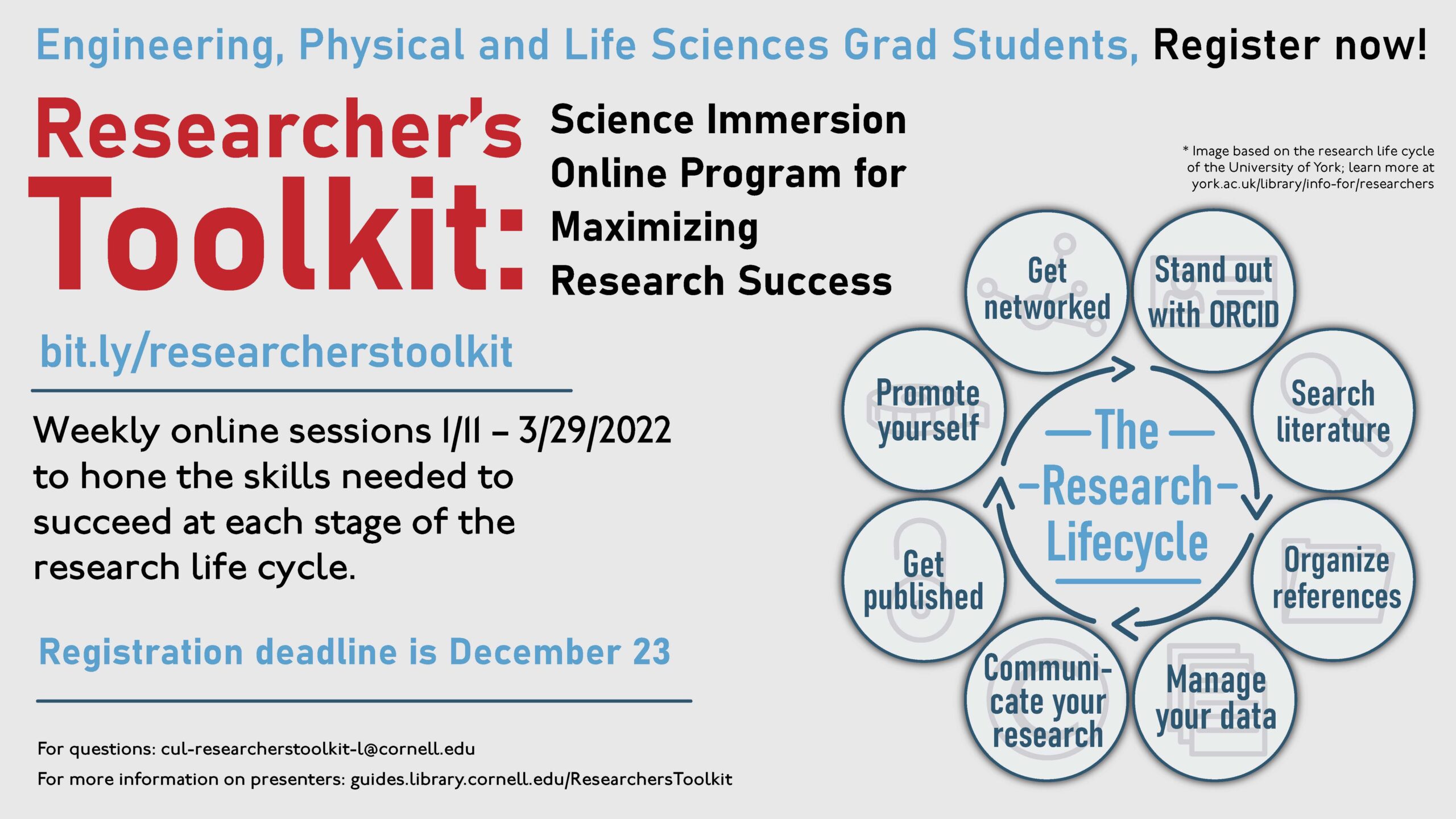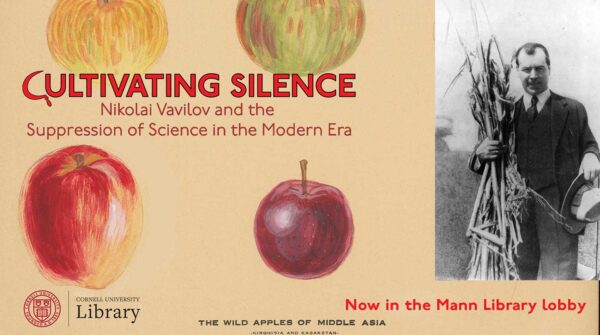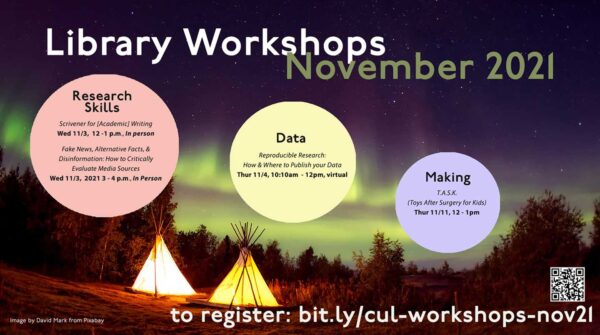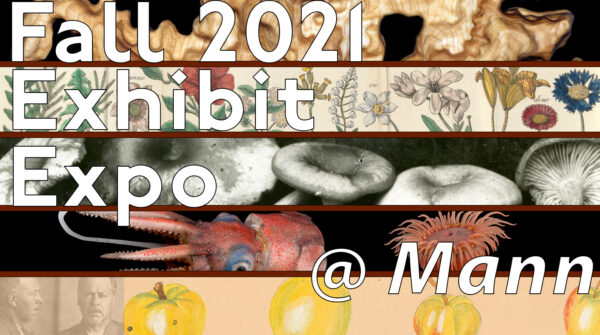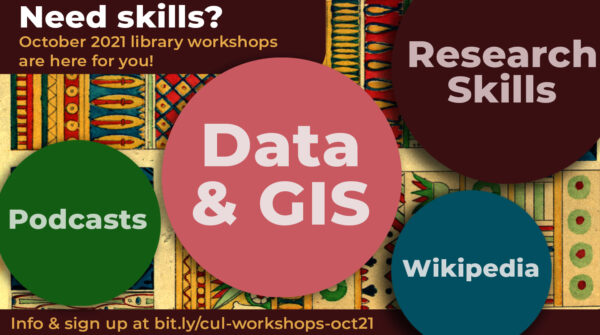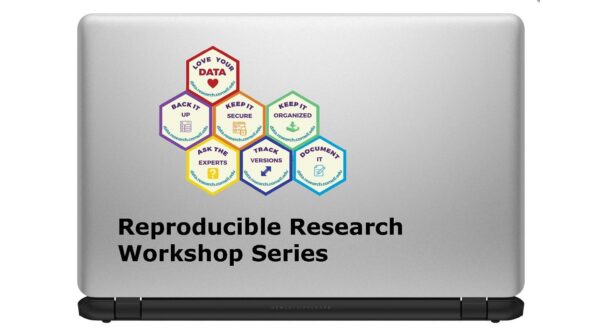From affordable housing to molecular genetics, Mann Library is happy to announce a lively line-up of book talks for the spring 2022 semester. Mark your calendars for engaging cross-disciplinary discussions!
February 3, 4:00 pm
Carol Colfer, Adaptive Collaborative Management in Forest Landscapes: Villagers, Bureaucrats and Civil Society
Local communities are essential to the success of environmental policies, and yet many well-intentioned forest management proposals are based on top-down strategies disconnected from people on the ground. In contrast, an approach called Adaptive Collaborative Management (ACM) for forest landscapes attempts to better listen to local voices and build on communities’ knowledge and goals to collaboratively improve environmental planning.
CANCELLED March 3, 4:00 pm
Joe Margulies, Thanks for Everything (Now Get Out) Can We Restore Neighborhoods without Destroying Them? (co-sponsored with the Cornell Law Library)
When a distressed urban neighborhood gentrifies, all the ratios change: poor to rich; Black and Brown to White; unskilled to professional; vulnerable to secure. Vacant lots and toxic dumps become condos and parks. Upscale restaurants open and pawn shops close. But the low-income residents who held on when the neighborhood was at its worst, who worked so hard to make it better, are gradually driven out. For them, the neighborhood hasn’t been restored so much as destroyed. Is it possible to restore distressed neighborhoods without setting the stage for their destruction?
March 9, 4:00 pm
Joseph Peters & Tina Henkin, Snyder & Champness Molecular Genetics of Bacteria
To understand big leaps in genome editing today, we must start small and look very closely at the molecular genetics of bacteria. In a live, virtual, Chats in the Stacks talk, Joseph Peters and Tina Henkin discuss their new book, Snyder & Champness Molecular Genetics of Bacteria, 6th edition (Wiley 2022), a comprehensive edition of a classic text updated to cover massive advances in the field of bacterial molecular genetics from biochemical, genomic, and structural perspectives. Although the text is centered on the most-studied bacteria, Escherichia coli and Bacillus subtilis, many examples are drawn from other bacteria of experimental, medical, ecological, and biotechnological importance. Anyone interested in the fields of microbiology, genetics, biochemistry, bioengineering, medicine, molecular biology, or biotechnology should join this conversation.
April 14, 4:00 pm
Kaushik Basu, Policymaker’s Journal: From New Delhi to Washington D.C.
What is it like to move from the cloisters of academia to the high-profile sector of global markets and monetary policy? In his new book, Policymaker’s Journal: From New Delhi to Washington DC, (Simon & Schuster India, 2021) economist Kaushik Basu chronicles the years he spent working in the frenetic world of economic policymaking, first as chief economic advisor to the Indian government and later as the chief economist at the World Bank. In a live, virtual, Chats in the Stacks talk, Basu will discuss how he documented his day-to-day experiences over seven years of high-level, international economic policy work and share what he learned during that time.
